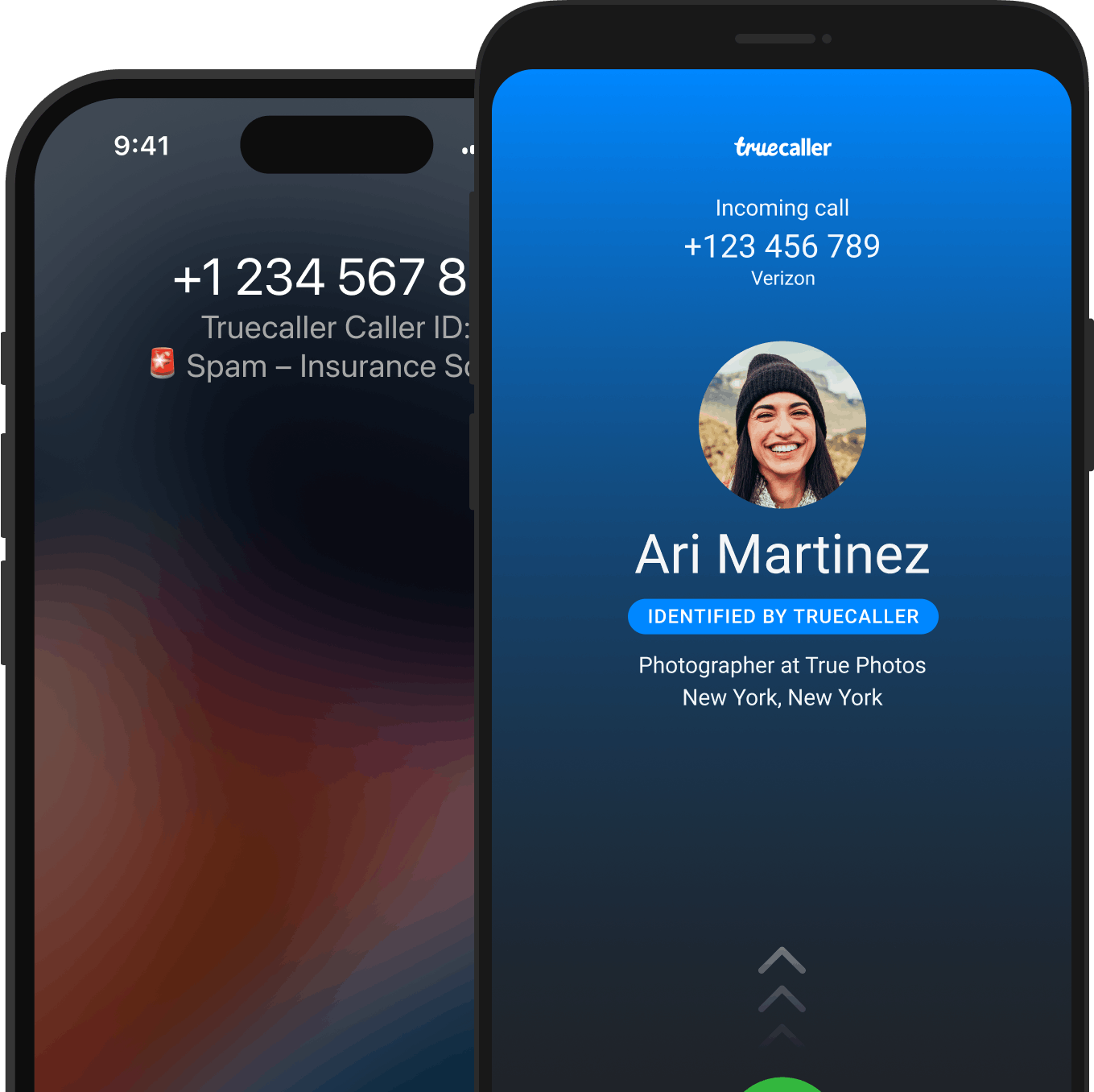
Phishing Scams in Nigeria
Phishing Scams in Nigeria
In a phishing scam, fraudsters cast a wide net by sending out mass emails or messages, hoping to trick recipients into providing their sensitive information, like their bank account information, email IDs or passwords, and similar important personal information. These messages often relay a sense of urgency to make recipients click on links or open attachments that lead to fake websites or malicious software installations. The term “phishing” is derived from the idea of “fishing” for personal information, and hence the nature of phishing is to send a scam message to as many people as possible.
Types of Phishing Scams
Fraudulent emails designed to mimic legitimate organisations, often request their targets to update account information, verify login credentials, or take urgent actions to avoid consequences.
Targeted phishing attacks aimed at specific individuals or organisations, often using personalised information obtained through research or data breaches to increase the credibility of the scam.
Smishing attacks are conducted via SMS or text messages, where recipients are prompted to click on links or respond with sensitive information under the guise of urgent notifications or alerts. Some of the most common scams involve sending users messages requiring them to change their banking details.
Phishing attacks conducted over the phone, where fraudsters impersonate trusted entities to deceive victims into verbally providing personal or financial information, is called Vishing. The easiest is when the scammer tries to be someone the victim knows and cares for, and they try to create a distressing situation like they are stranded while traveling.
Scammers create fake copies of legitimate emails or emails or websites, altering them slightly to appear authentic, then send them to targets to trick them into providing sensitive information.
Examples of Phishing Scams across Nigeria
You receive an email that appears to be from your bank informing you of suspicious activity on your account and urging you to click on a link to verify your information. The email may look legitimate, complete with the bank’s logo and branding, but the link leads to a fake website designed to steal your personal information.
You receive an email from a streaming platform like Netflix or Prime, saying that there were issues with your payment method and that you need to update it. They could also create a sense of urgency by adding a maximum timeline for the update. To be sure the claims are real, go to the official website of your streaming platform.
You receive an email or text message claiming to be from a package delivery service like GIG or Jumia, informing you that a package couldn't be delivered and requesting you to click on a link to reschedule delivery. Clicking on the link may lead to a phishing website or trigger the download of malicious software.
You receive a message on social media from someone claiming to be a friend or acquaintance, asking for financial assistance, or sharing a link to a website offering exclusive deals or prizes. The message may be from a compromised account or a fake profile created by scammers to exploit your trust.
Red Flags To Look Out For Phishing Scams
Check the sender's email address carefully. Phishing emails often come from addresses that mimic legitimate organisations but may contain misspellings or slight variations.
Be wary of emails that use generic greetings like "Dear Customer" or employ urgent language, such as "Immediate action required" or "Your account will be suspended." Scammers often use urgency to pressure recipients into acting quickly without thinking.
On a desktop, hover the mouse cursor over any links in the email (without clicking on them) to reveal the actual URL (for example, at the bottom left on the Chrome browser). Phishing emails often contain links that lead to fake websites or malicious pages designed to steal your information or infect your device with malware. Look for misspelled URLs or URLs that don't match the purported sender. Only click on links in your text messages if you are sure of the source. Truecaller can also be helpful for text messages. Once the app is installed, it lets you know whether a number is 'likely fraud' through its fraud detection services.
Be cautious of emails or messages requesting sensitive information like account numbers, passwords, Social Security numbers, or login credentials. Legitimate organizations typically won't ask for this information via email or text messages.
Avoid opening email attachments from unknown or unexpected sources, as they may contain malware or viruses. Even if the attachment appears harmless, it's better to be cautious.
Be skeptical of emails promising unexpected prizes, lottery winnings, or exclusive deals, especially if they require you to provide personal or financial information or make a payment upfront. If an offer seems too good to be true, it probably is.
If you're unsure about the legitimacy of an email, independently verify the information through official channels. Contact the organisation directly using a trusted phone number or website (not the contact information provided in the email) to confirm the request or report suspicious activity. You can also search for the number on Truecaller and check if the number is marked as spam and if other users have left a comment for this number.
How To Prevent Phishing Scams
Create strong, unique passwords for your accounts and avoid using the same password across multiple platforms. Consider using a password manager to generate and securely store complex passwords.
Ensure that you are protected at all times by using Truecaller. You will be a part of a 400 million+ community worldwide that works towards making communication safer for everyone.
Whenever possible, enable multi-factor authentication (MFA) on your accounts. MFA adds an extra layer of security by requiring additional verification, such as a one-time code sent to your phone, in addition to your password.
Enable spam filters on your email account to help filter out phishing emails before they reach your inbox. Most email providers offer built-in spam filters that can help identify and block suspicious messages.
Keep your computer, smartphone, and other devices up to date with the latest security patches and software updates. This includes operating systems, web browsers, and antivirus or anti-malware programs.
Be careful about sharing personal information on social media platforms, as scammers may use this information to tailor phishing attacks. Avoid clicking on suspicious links or accepting friend requests from unknown individuals.
How Scammers Operate a Phishing Scam in Nigeria
- Communication Channels: Phishing scams use emails, social media, and SMS to send deceptive messages that mimic legitimate sources.
- Phased Approach: Begins with a fake message leading to a spoofed website, where victims are tricked into entering sensitive information.
- Geographical Targeting: Messages are often localized, reflecting the recipient’s language, currency, and cultural context.
- Collaborative Scams: Scammers may coordinate across platforms to reinforce the legitimacy of their phishing attempts.
Psychological Tactics Used
- Fear Induction: Scammers create a sense of urgency, claiming that the victim’s account is compromised or that immediate action is needed.
- Trust Manipulation: They often use familiar logos, language, and professional-sounding messages to build trust.
Impact on Phishing Victims
- Identity Theft: Personal information harvested through phishing is often used to commit identity theft.
- Financial Fraud: Stolen credentials are used to access bank accounts, credit cards, or other financial services.
- Data Breaches: Phishing scams can lead to broader data breaches if the victim’s credentials grant access to sensitive corporate or governmental systems.
Where to report phishing scams in Nigeria?
- Police Special Fraud Unit (PSFU)
Email: report@specialfraudunit.org.ng, pro@specialfraudunit.org.ng
Whatsapp: 08127609914
Voice Call/SMS: 07082276895
Social Media: Facebook - Economic and Financial Crimes Commission (EFCC)
Email: info@efcc.gov.ng
Phone number: +234 8093322644, +234 (9) 9044751
Social Media: Facebook, Twitter, Instagram - Independent Corrupt Practices Commission (ICPC)
Email: info@icpc.gov.ng
Phone number: 08076369259, 08076369260
Social Media: Instagram, Twitter, Facebook
You can also report the phone number of the fraudster on Truecaller. This could protect the whole community from future fraud attempts!
Conclusion
Phishing tactics continue to evolve, with scammers using increasingly sophisticated methods to trick individuals into revealing sensitive information or clicking on malicious links. It's essential to remain vigilant of unsolicited messages, especially those requesting personal or financial information, and to verify the legitimacy of emails and websites before taking any action.








